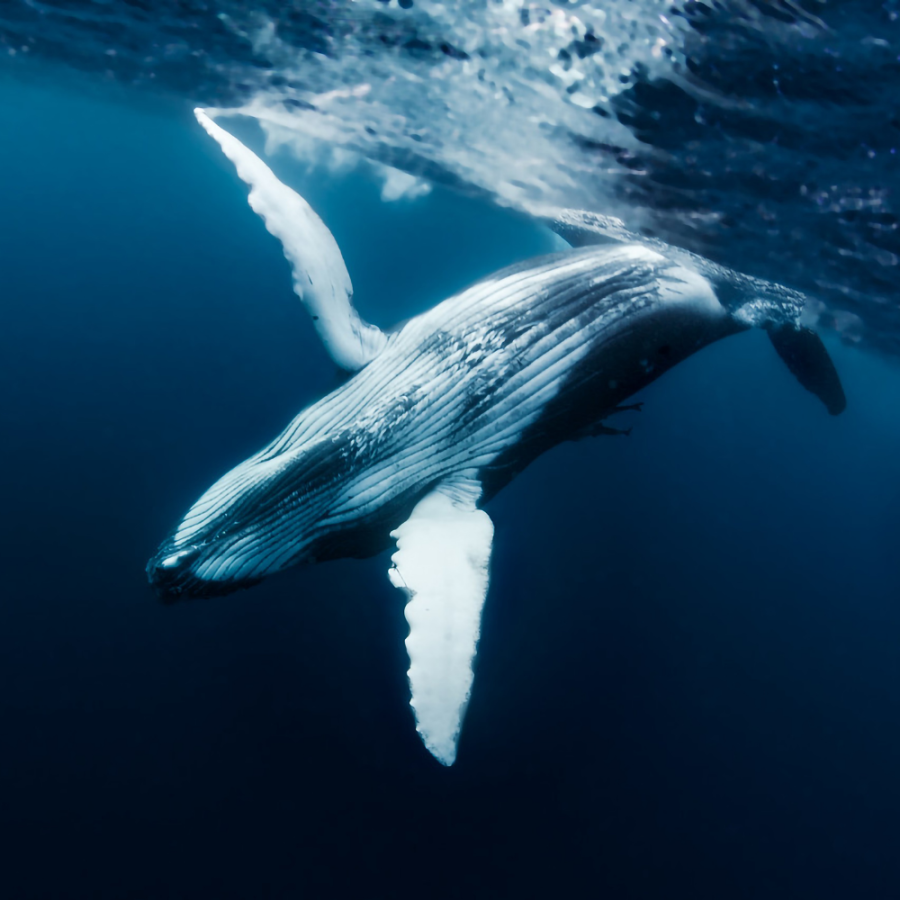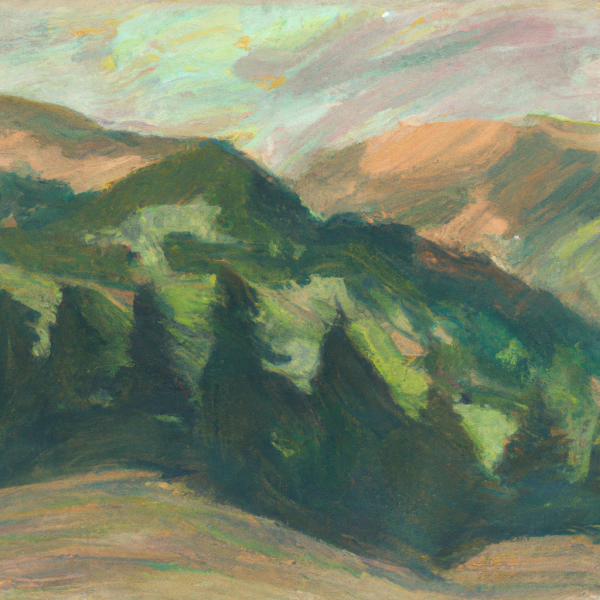Why We Should Conserve the Blue Whale Population
Blue whales are the largest animals on earth weighing up to 200 tons and have a length of up to 110 feet. Whales are also one of the smartest marine animals known to man.
Blue whales have a strict krill diet and being so large, must eat up to 6 tons of food each day. They also thrive in various oceans and regions including Alaska, the Mid-Atlantic Ocean, the Pacific Islands, Southeast Oceans and around the West Coast, not including the Arctic regions.
The start of blue whale endangerment began in the early 1900’s when poaching was a major issue. During this period, people were hunting these whales because of their large supply of blubber. This material helps in the making of various oil-based products such as candles, soap, cosmetics, and many other items.
Since poaching became illegal, the population slightly increased, however this problem was such a major issue that it may have set the species back almost permanently. Because of this set-back, blue whales are listed as endangered under the Endangered Species Act.
One of the main threats to the species has to do with fishing entanglement and vessel strikes. Since blue whales are known to thrive in most open oceans, they are at great risk of running into fishing boats and nets or large cargo/naval boats.
New satellite technology suggests that around 180,000 vessels are monitored and tracked daily. This means the number of large ships currently surrounding our oceans are likely to hit an area where blue whales are heavily populated.
Blue whales and whales in general are important to their ecosystem because they are at the top of the food chain meaning they are the key components to regulating overpopulation of their prey. Not only are they important to their surroundings, but they are a vital part of marine research. These, and many other reasons are why I believe the species needs to be conserved.
Many people today don’t take whale endangerment as a serious issue. However, as we know, climate change is a prevalent issue considering the fact that studies prove global temperature has changed and will continue to change over decades.
The constant rise of temperature would not only cause many species to go extinct, but it would also cause different types of plants, including our main food sources to become almost impossible to grow. Not to mention the significant drop in air quality due to an influx in CO2 emissions.
But what does this have to do with whales? Well, researchers have learned that whale poop offsets the amount of carbon in the atmosphere. Therefore, the more whale poop, the less climate change effects.
Since this discovery, scientists work every day to research these animals. By doing so, we have found more and more about how they work and how they can help us with new innovative ideas. One idea scientists are currently exploring is how their sense of communication, or echolocation can be used
Many marine life organizations and many blue whale conservationists are already working to restore the blue whale population by protecting them under the Endangered Species Act and the Mammal Protection Act. A reasonable solution to this ongoing problem is to pass laws regarding speed limits of large cargo or shipping boats. Another solution would be to change boating routs to avoid main areas where blue whales live.
People can make a change and help protect these animals by donating to organizations that actively make these changes, or, even signing petitions so this can be seen as an issue to representatives.





